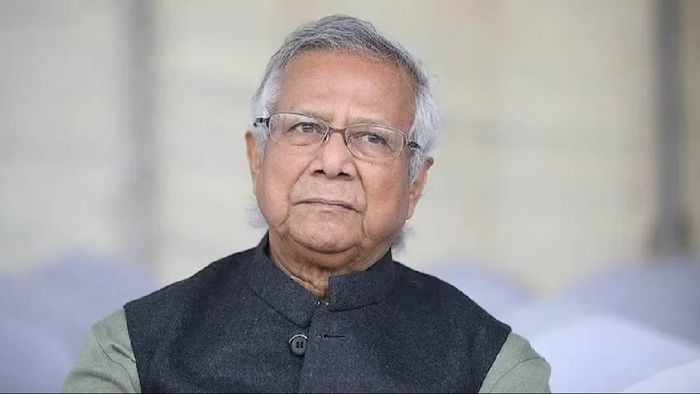Bangladesh: Nobel laureate Muhammad Yunus sentenced to six months in jail over labour law violations
Nobel laureate Muhammad Yunus from Bangladesh has been sentenced to a six-month jail term due to violations of labour laws. Yunus, acclaimed for his pioneering work in microfinance, was found guilty of contravening certain employment regulations.

- Jan 01, 2024,
- Updated Jan 01, 2024, 7:39 PM IST
Nobel laureate economist Dr. Muhammad Yunus, renowned for his groundbreaking work in microfinance and poverty alleviation, has been sentenced to six months in jail by the Third Labour Court of Bangladesh. The court found Yunus and three colleagues guilty of violating labour laws related to the establishment of a workers' welfare fund in Grameen Telecom, one of the social business ventures he founded.
The 83-year-old economist, awarded the Nobel Peace Prize in 2006 for his tireless efforts in anti-poverty campaigns, now faces legal troubles that many of his supporters claim are politically motivated. The judgment comes at a critical juncture, just days before Bangladesh's general elections scheduled for January 7.
Judge Sheikh Merina Sultana handed down the verdict, declaring, "The allegation of violating the Labour Law against him has been proved. It appears that the allegation has not been barred by limitation." Yunus, serving as the chairman of Grameen Telecom, and his three associates were each fined Taka 25,000 (USD 227.82) and ordered to serve six months in non-rigorous imprisonment.
Immediately following the verdict, Yunus and his co-defendants sought bail, which was granted for a month with a Taka 5,000 bond. According to the law, they have the option to appeal the decision in the High Court.
Yunus has consistently denied allegations of personal gain from Grameen Telecom and other social business firms he founded, emphasizing that these initiatives were not for personal benefit. Last month, after a court appearance, he rejected claims and asserted his commitment to social causes.
Critics argue that the charges against Yunus are part of a broader pattern, describing the legal actions as "meritless, false, and ill-motivated." His legal team contends that the case is a deliberate attempt to harass and humiliate Yunus on the global stage.
This recent verdict is just one facet of a series of legal challenges Yunus is facing, including charges related to labour law violations and misappropriation of funds. The Nobel laureate has been in a prolonged dispute with the government since 2008, when the Sheikh Hasina-led administration initiated investigations against him, eventually leading to his removal from the position of founding managing director of the Grameen Bank in 2011.